Will Intel Bounce Back to the Top with i9-11900K? Specs and Performance Leaks
In recent years, we exerienced Intel's dominantion in gaming, but with the release of AMD's Ryzen 5000 CPU, the leader's position has been challenged. Now, performance and specs of the upcoming Rocket Lake series CPUs leaked to the web.
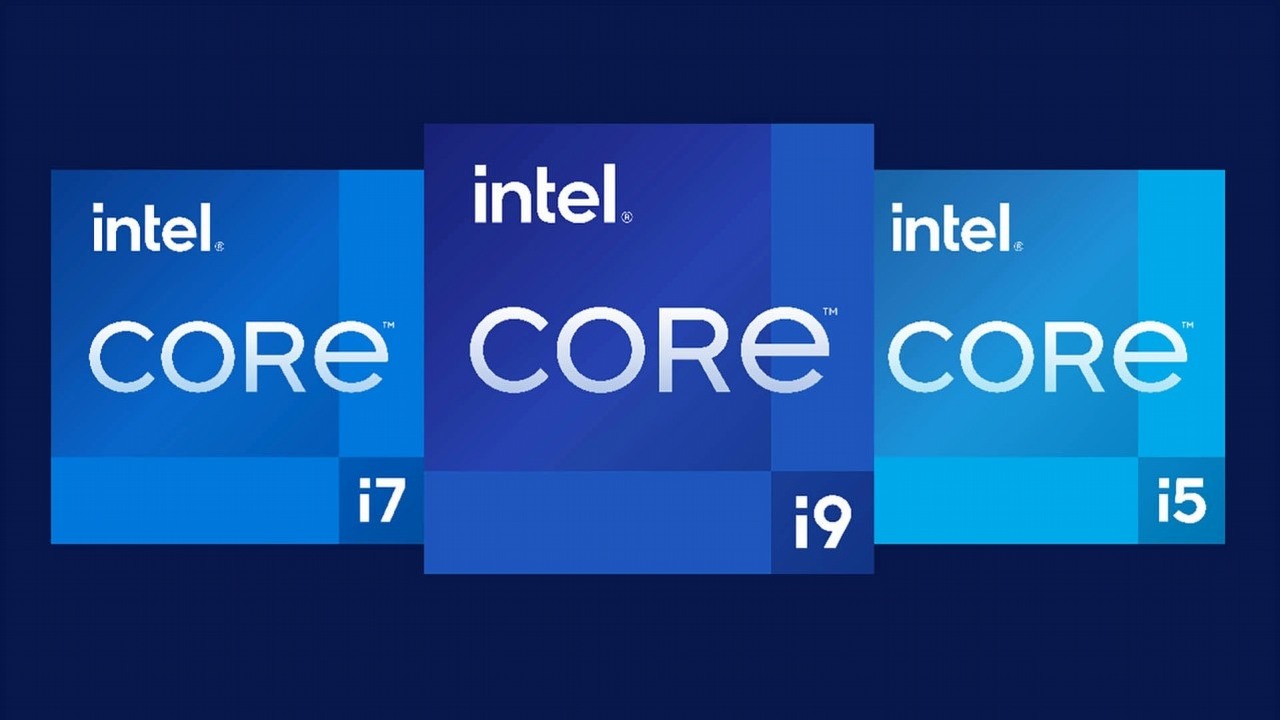
The AMD Ryzen 5000 processors, debuting this November, have proven to be very successful products, undermining Intel's dominant position as gaming hardware producer. Although the Ryzen 9 5950X and 5900X models cannot best Core i9-10900K in every game and scenario, the company is no longer the undisputed leader. Probably not for long, however, because the upcoming Rocket Lake series CPUs are expected to bring at least a 5-10% increase in performance.
Intel Rocket Lake - performance in benchmarks
The strongest 11th generation CPU achieved 62.8 frames per second in Ashes of the Singularity benchmark in the 1080p test and Crazy settings, gaining a few fps on Core i9-10900K (58 fps) and Ryzena 9 5950X (57 fps).
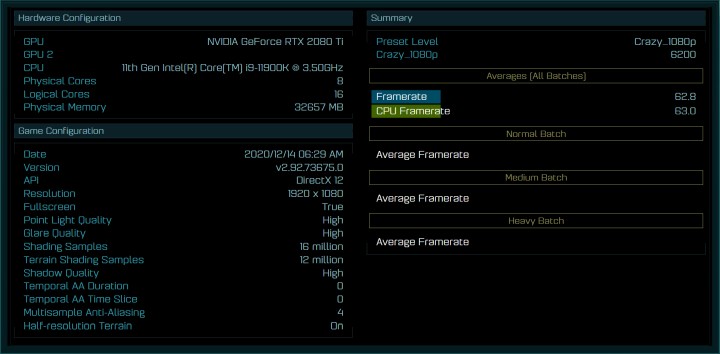
Intel's chipset is about 9% better than the strongest AMD processor and about 8% better than the current flagship Intel model. The test used 32GB of RAM and a Nvidia GeForce RTX 2080 Ti graphics card. It is worth noting, however, that the result in this benchmark does not necessarily translate into actual game performance, but we expect that with the new generation Intel should do better in titles where it clearly stands out from the latest AMD processors. Especially as the new Intel units are expected to bring a clear improvement in single-threaded performance, just like Ryzens 5000 did.
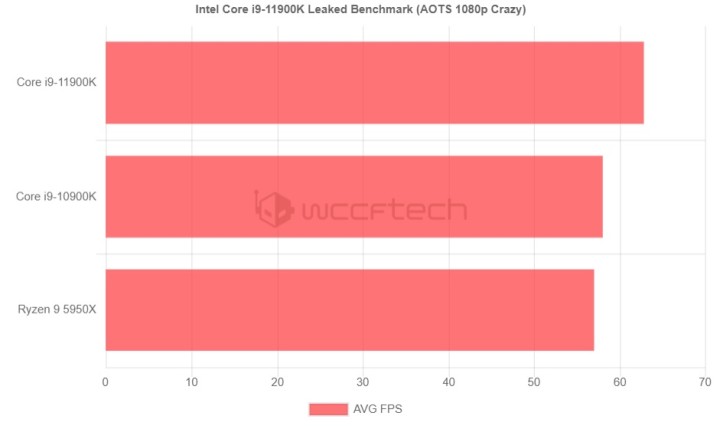
It is worth adding that there was also a leak from Sandra SiSoftware database. This time it concerns one of the weaker models - Core i5-11400. Wccftech compares the results in individual benchmarks with the equivalent from the previous generation, which is clearly worse than the new processor:
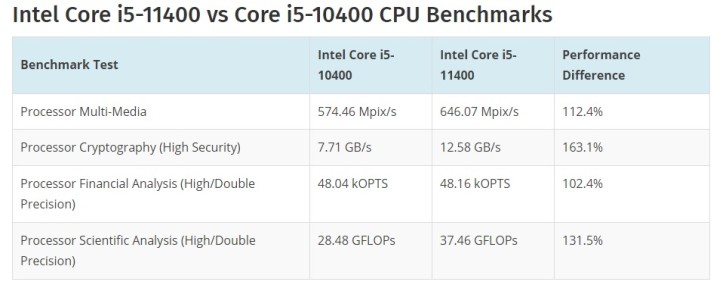
Intel Rocket Lake CPU specs
The spec sof Intel Core i5, i7 and i9 CPUs of the Rocket Lake family also leakedinto the web. We learned about the number of cores and threads, size of the L3 cache memory and the Boost mode clock rate (for one and all cores). The power consumption of the K series models is expected to be 125 W, and the weakest one - 65 W. You can compare the differences between the 11th and 10th generation by looking at the image below.
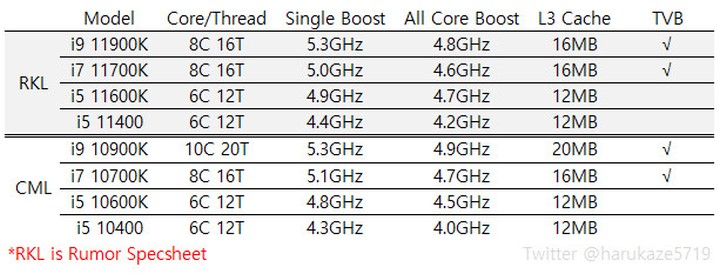
We would like to remind that Intel Rocket Lake processors are scheduled to debut before the end of March 2021. Although they will be the last CPUs manufactured in the improved 14-nanometer process, Intel will use the new Cypress Cove architecture for the first time since 2015, which will bring at least a 10% increase in IPC (number of instructions per clock cycle), improved dual channel DDR4 memory controller, PCI Express 4.0 support and integrated Xe graphics. Rocket Lake chipsets will be compatible with existing LGA 1200 motherboards, but there are also plans to release new 500 series models.
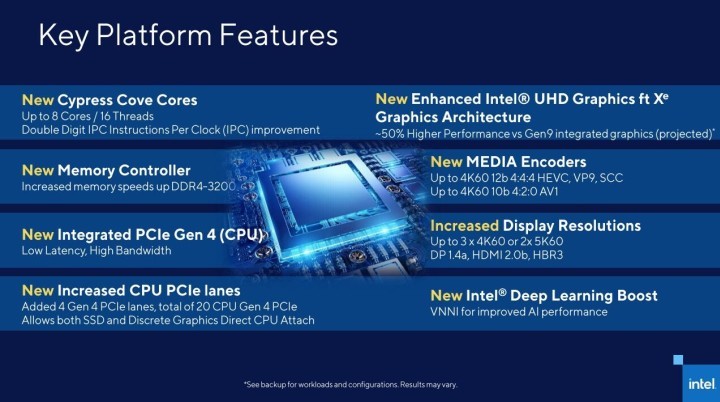
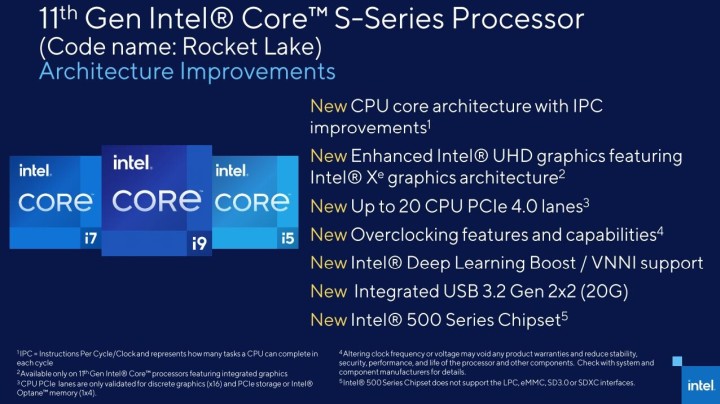
- Half-Life 3 announcement may have been delayed for one very mundane reason. Insider has no doubt when Valve is going to reveal all the cards
- Is Roblox shutting down on January 1? The rumor is back again, but let’s take a look at whether there’s any truth to it this time
- Bethesda envied CD Projekt RED? Starfield may undergo a Cyberpunk 2077-style metamorphosis
0
Latest News
- 12 million players are celebrating, but not everyone will get a gift. ARC Raiders devs give away pickaxes and bans
- Cyberpunk 2077 creator explains why male V suddenly disappeared from ads
- Court sides with GTA 6 devs. Former Rockstar Games employees suffer a painful blow in their fight for money
- 2 Xbox Game Pass games. Star Wars: Outlaws comes with a newly released zombie apocalypse simulator
- „Bloodborne is a special game for me.” Dark Souls father's honest declaration is painful and hopeless, but true

